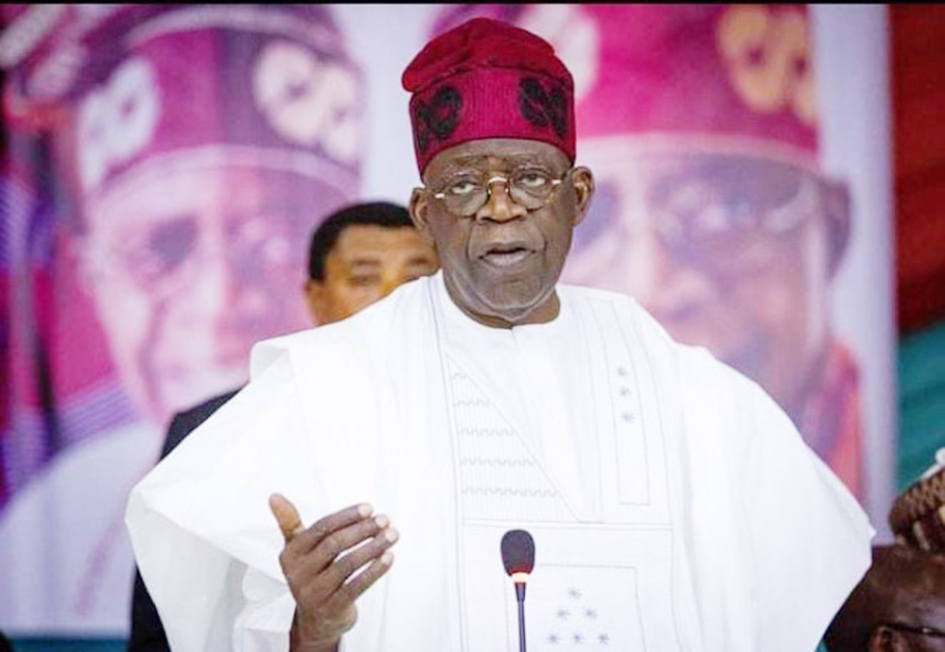The Federal Government is set to make about N124.26bn in a year from the imposition of a 0.5 per cent import tax on goods introduced in Finance Bill 2023.
The Finance Bill 2023 which was signed into law on 28 May 2023 by former President, Muhammadu Buhari imposed a 0.5 per cent levy on goods imported into Nigeria from outside Africa.
According to the law, a 0.5 per cent levy will be imposed on goods imported into Nigeria from outside Africa. It read in parts, “In addition to extant customs duties and other approved charges, a levy of 0.5 per cent is imposed on all eligible goods imported into Nigeria from outside Africa to finance capital contribution, subscriptions, and other financial obligations to the African Union, African Development Bank, African Export-Import Bank, ECOWAS Bank for Investment and Development, Islamic Development Bank, United Nations, and other multilateral institutions as may be designated by regulation issued by the Minister responsible for Finance.”
Nigeria imported N24.85tn worth of goods from outside Africa in 2022 according to data from the National Bureau of Statistics. When a base tax of 0.5 per cent was applied to total non-African imports, it translated to N124.26bn. It remains to be seen if the 0.5 per cent import tax will be added to all goods.
According to the Federal Government, this revenue source will help it meet and ensure the sustainability of its obligations to multilateral organisations.
The Hong Kong Trade Development Council, in a blog post dated January 3, 2023, stated that the import levy may help Nigeria lower its public debt profile. It also noted that customers might be at the receiving end of the policy, with the cost of imported goods rising.
It said, “The import levy aims to lower Nigeria’s public debt, which ballooned from N39.56tn ($88.6bn) in December 2021 to N42.84tn in June 2022.
“While the import levy will boost government revenues, according to some experts it may also raise the costs of imported goods to end consumers, and so add to inflationary pressures which saw the inflation rate grow from 15.60 per cent in January 2022 to 21.47 per cent by November 2022.”
In a report titled, ‘Tweaking the 2023 Finance Bill and Options for Unlocking revenues’ in 2023, the Director of the Centre for the Promotion of Private Enterprise, Dr Muda Yusuf, argued that the 0.5 per cent levy on all imports coming from outside of Africa will be an additional burden on both businesses and the citizens.
He stated that this will escalate operating expenses, production costs, and fuel inflation in the economy. He said, “Most equipment, machinery, ICT equipment, and medical equipment are all imported from outside of Africa. Imposing a levy of 0.5 per cent on this group of items will be inimical to investment, economic growth, and the welfare of the citizens.”
According to an Abuja-based economist, Chris Uwadoka, who spoke with The PUNCH earlier, the new tax is a fiscal measure within the government’s capacity.
He noted that since the government does not want to fail with its debt obligations, it had to devise measures to ensure it meets all its obligations.










